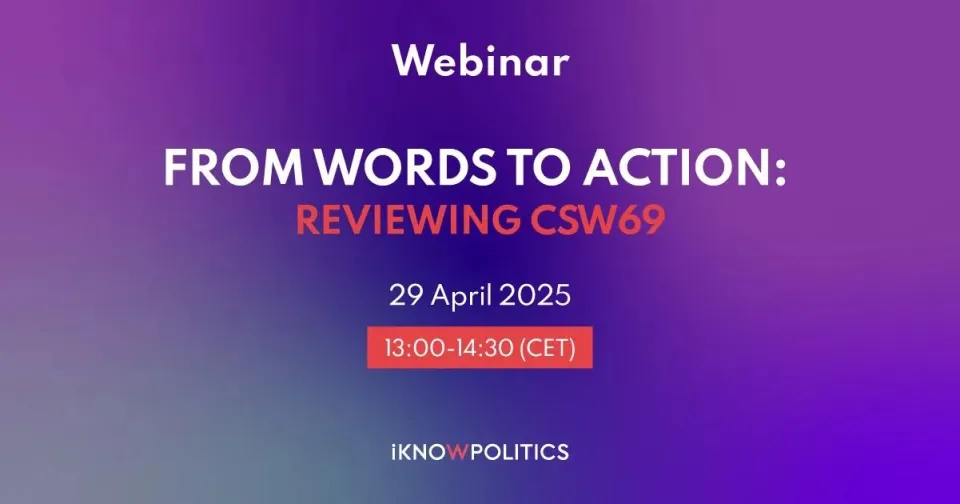Democracy in the Republic of the Internet is backsliding. Is it too late to act?

The election of Doreen Bogdan-Martin as Secretary-General of the International Telecommunications Union on 29 September was not just about selecting a top international bureaucrat. This election was effectively a referendum on how to rule the Republic of the Internet, an entity in which democracy has been backsliding for years.
Disclaimer: Opinions expressed in this commentary are those of the author and do not necessarily represent the institutional position of International IDEA, its Board of Advisers or its Council of Member States.
Another option on the ballot was a former Deputy Minister of Russia and Huawei Executive, who is in favour of a Republic of the Internet where national sovereignty trumps human rights and democracy, with governments deciding what their citizens are allowed to do and see online and with whom they are allowed to connect.
For Bogdan-Martin, priorities include an open and interoperable internet governed not by states but by a multi-stakeholder group of actors, including civil society, companies, international fora and technical organisations.
Yet, the election of the Bogdan-Martin does not close the debate; the battle to transform -or maintain- the way the internet is governed continues. What is at stake in this fight is the future of the internet – the most important infrastructure of our time - and the capacity of five billion citizens online to enjoy a democratic space.
Own rules
We spend nearly half of the time we are awake in this virtual Republic. It has its own set of rules, which in many cases, allow for much more freedom to talk, discuss or obtain information than offline laws.
Famously, Tunisians organised themselves using the internet to topple dictator Ben Ali in 2011. Sri Lankans did the same in the 2022 protests against the government.
The only way for repressive governments to counter this kind of mobilisation is to shut down the internet. Look no further than Iran, where the government recently quickly shut down the internet as protests erupted in the country.
Despite recent efforts, the internet grows based on a decentralised network of networks that no one fully controls. Information, known as packages, travel from one network to another through layers such as your wifi router, the cable connecting your house to an internet provider or the undersea cable linking your country to the internet.
Read the complete Op-Ed, published by News 24 on 27 October 2022.




